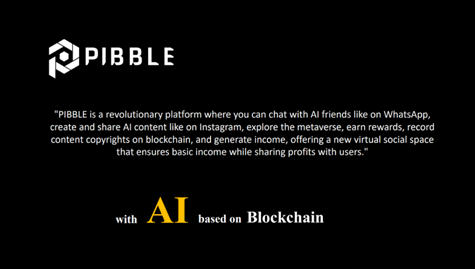Artificial Intelligence (AI) has transcended from the realm of science fiction into a profound reality that is reshaping our world. As one of the most transformative technologies of the 21st century, AI is fundamentally altering various aspects of our lives, industries, and the global economy. This article delves into the multifaceted world of AI, exploring its origins, current applications, and future potential.
The Genesis of AI
The concept of AI dates back to the mid-20th century when pioneers like Alan Turing and John McCarthy laid the groundwork for intelligent machines. Turing’s seminal question, “Can machines think?” and McCarthy’s coining of the term “artificial intelligence” marked the beginning of an era. Early AI research focused on symbolic methods and problem-solving, leading to the development of algorithms that could perform tasks traditionally requiring human intelligence.
AI in Everyday Life
Today, AI is ubiquitous, embedded in various facets of our daily existence. From virtual assistants like Siri and Alexa to recommendation systems on Netflix and Amazon, AI enhances user experiences by learning from data and making informed decisions. In healthcare, AI-driven diagnostics and personalized medicine are revolutionizing patient care, while autonomous vehicles promise safer and more efficient transportation.
AI in Industry
Industries across the spectrum are harnessing AI to drive innovation and efficiency. In finance, AI algorithms analyze market trends and manage investments with unprecedented accuracy. In manufacturing, predictive maintenance powered by AI minimizes downtime and reduces costs. The agriculture sector leverages AI for precision farming, optimizing crop yields, and conserving resources.
Ethical Considerations and Challenges
Despite its immense potential, AI raises significant ethical and societal concerns. Issues such as data privacy, algorithmic bias, and the displacement of jobs by automation are at the forefront of the AI discourse. Ensuring that AI is developed and deployed responsibly requires robust governance frameworks and an emphasis on transparency and accountability.
The Future of AI
The future of AI holds exciting possibilities. Advances in machine learning, natural language processing, and neural networks are paving the way for even more sophisticated AI systems. The concept of Artificial General Intelligence (AGI), where machines possess human-like cognitive abilities, remains a long-term goal. As AI continues to evolve, it will play a critical role in addressing global challenges such as climate change, healthcare disparities, and sustainable development.
Conclusion
AI is not just a technological innovation; it is a catalyst for change with profound implications for society. By augmenting human capabilities and automating complex tasks, AI is set to drive progress in unprecedented ways. However, harnessing its full potential requires careful consideration of ethical challenges and a commitment to developing AI that benefits all of humanity. As we stand on the brink of an AI-driven future, the promise of a smarter, more efficient, and equitable world beckons.
For more information, visit PIBBLE’s website(https://pibbleapp.io/)] or download the PIBBLE app from the App Store and Google Play.
more info ;
PIBBLE’s website : https://pibbleapp.io/
PIBBLE official twitter : https://x.com/pibbleio
PIBBLE official telegram : https://t.me/pibble_official
PIBBLE app download : https://pibble-project.web.app/link?site=nl01












+ There are no comments
Add yours